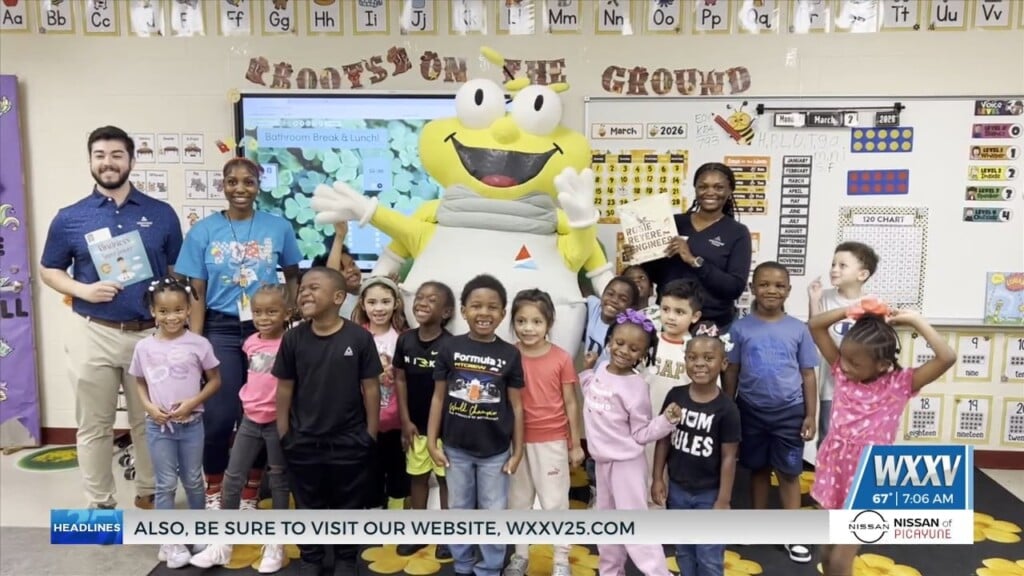‘Don’t ever think that it can’t happen to you:’ preventing hot car fatalities among children
GULFPORT, Miss. (WXXV) — It can happen when you least expect it during hot summer months: a child could become locked in a hot car that only gets hotter by the minute.
“We are called fairly often that a child is locked in the car,” Harrison County Fire Chief Pat Sullivan said. “Fortunately, we have not had any deaths that I can recall recently. Most of the time, the child gets locked in the car when the parents or somebody has got their hands full and they’re trying to do things, move things, and the door gets shut and it gets locked. It’s one of those accidents that they’re right there, they realize, and a lot of times they’ll panic and we get the 911 call, ‘I’ve locked my child in the car.'”
According to the National Highway Traffic Safety Administration, 39 children died from heatstroke when left in vehicles in 2024. Heatstroke can begin when the body’s core temperature reaches 104 degrees, and death occurs once that temperature reaches 107 degrees or higher. This can come quickly, as a child’s body temperature typically rises three to five times faster than an adult’s.
“What we’re looking for when we see this, number one, is the child awake, alert, crying, talking? Is the child okay? Is the child sweating? Is the child absolutely looking okay, playing with its toys? Then we have some time. If it’s not, if it looks like its unconscious, we’re breaking a window, we’re getting in there, we’re going to do everything we can to revive the child,” Sullivan explained.
The NHTSA has several safety tips that could be the difference between life and death. First, make it a daily habit to check your car. When driving with your child, place important personal items in the backseat next to them — things such as a phone or purse that you’d need when leaving your car. You could also put a stuffed animal or other toy in the passenger’s seat as a reminder that your child is in the car with you. Lastly, keep car keys and fobs away from children so that they don’t accidentally lock themselves in.
“Don’t ever think that it can’t happen to you,” Sullivan said. “Be prepared for it. Do the things they they recommend in the safety literature, and we should be okay.”



